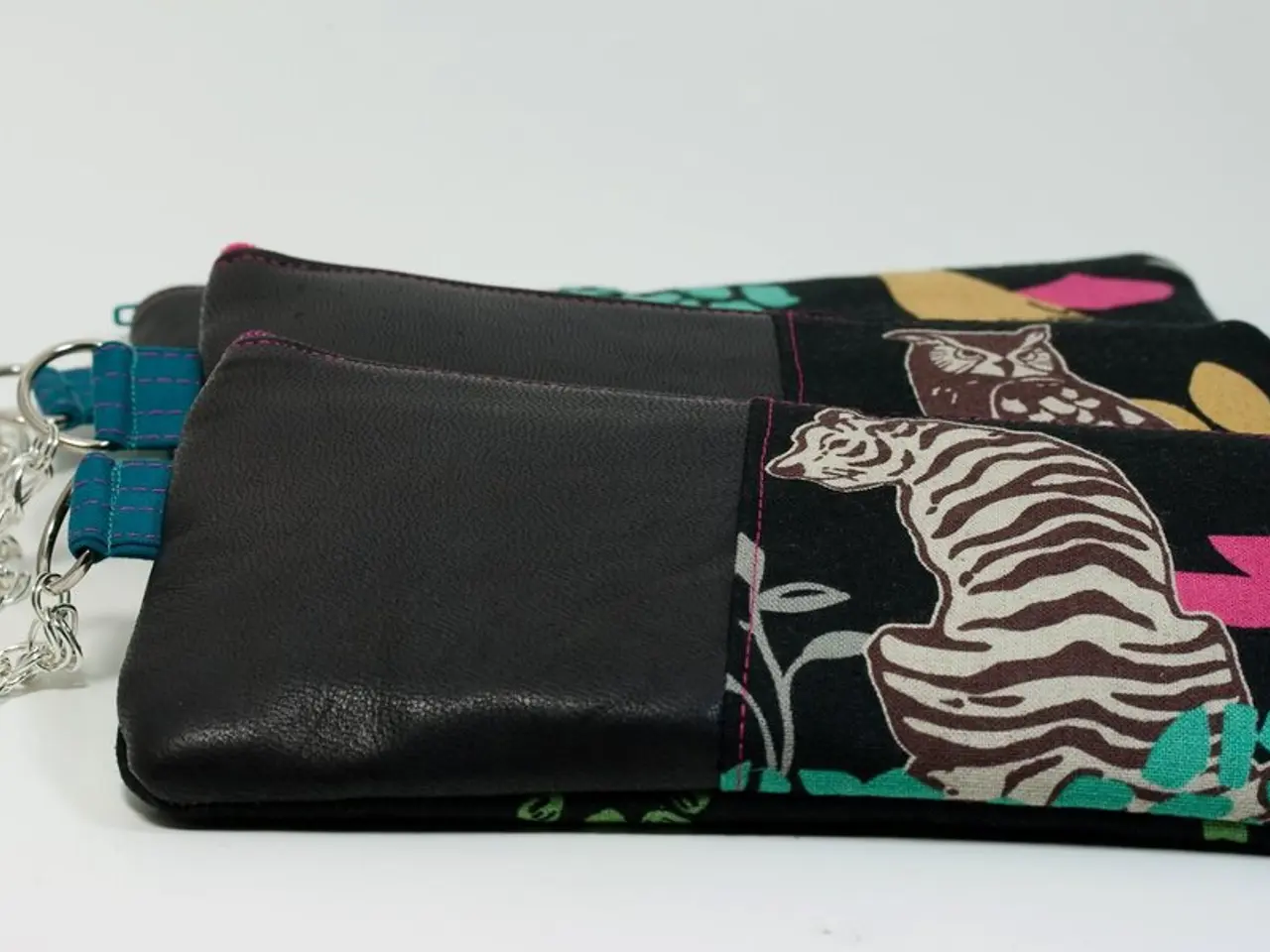Banks in Europe face a turning point in 2025 due to the introduction of intelligent payment orchestration, a significant advancement in the financial sector.
In the ever-evolving digital economy of Europe, the importance of modernizing payments infrastructure is becoming increasingly apparent. As everything becomes 'instant', the latency in traditional banks is no longer sustainable.
The digital payments ecosystem no longer operates in isolation, and European banks can no longer afford to delay modernization. The longer they delay, the higher the cost of catching up. This is according to Thomas Warsop, President and CEO of ACI Worldwide, a company involved in intelligent payment orchestration.
Intelligent payment orchestration offers a foundation for the future, beyond compliance. It improves efficiency by consolidating control over various transaction system types, providing a shift away from legacy batch-based processes towards true real-time responsiveness. Orchestration solutions support faster integration of new payment types, compliance requirements, and third-party services without introducing new layers of complexity or risk.
Orchestration can help unlock insights that support personalized services, smarter segmentation, and more embedded financial offerings. Fraud prevention is also improved with orchestration platforms, as they analyze real-time data across all payment types to identify anomalies more effectively.
The approach of an intelligent payment orchestration layer isn't just about managing today's challenges; it's about building a payments architecture that can support the future. This is crucial, as the digital economy in Europe is rapidly evolving, with changes in instant payments, open banking, embedded finance, and digital wallets.
The shift towards open banking and PSD3 introduces more regulatory pressure, including mandates around IBAN checks, fraud controls, and instant payments across the eurozone. June 27, 2025, is a significant date for the payments industry in Europe, marking the introduction of PSD3, the EU's Instant Payments Regulation, and the continued rollout of ISO 20022.
The transition to ISO 20022 is a challenge for many banks, and they are seeking help from outside providers. A new generation of payment orchestration platforms offers a more realistic alternative to traditional large-scale infrastructure overhauls, modernizing systems from the top down.
Several major European banks support the European Payments Initiative's mobile wallet "Wero", launched on July 2, 2024. This offers seamless real-time account-to-account payments across SEPA rails, representing an intelligent payment orchestration effort to future-proof banking in Europe's fast-evolving digital economy.
Traditional banks typically have product rollout cycles of four to six months, which can lead to missed opportunities for new payments-related revenue. The cost of inaction for banks includes compliance risks, delays, and missed opportunities for new revenue streams, partnerships, and becoming a payments provider fit for a digital-first economy.
Payments are a strategic lever for growth, with instant payments alone expected to boost global GDP growth by $285.8 billion by 2028. Intelligent payment orchestration offers a catalyst for innovation and scalability in a rapidly evolving landscape. It provides a unified control point for real-time payment routing across networks, channels, borders, and schemes, without replacing core systems.
In conclusion, the modernization of Europe's payments infrastructure is no longer an option but a necessity. The benefits are clear: improved efficiency, enhanced fraud prevention, personalized services, and a foundation for future growth. The future of banking in Europe lies in intelligent payment orchestration.
Read also:
- Understanding Hemorrhagic Gastroenteritis: Key Facts
- Stopping Osteoporosis Treatment: Timeline Considerations
- Trump's Policies: Tariffs, AI, Surveillance, and Possible Martial Law
- Expanded Community Health Involvement by CK Birla Hospitals, Jaipur, Maintained Through Consistent Outreach Programs Across Rajasthan







